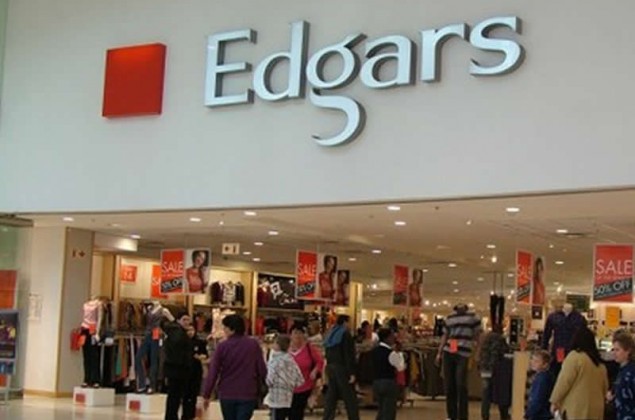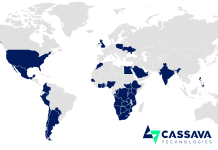HARARE – Edgars Group has recorded a trade turnover increase of 445% in inflation adjusted terms during the third Quarter (Q3) ending October 4, despite a 36% decrease in year-to-date (YTD) turnover during the same comparative period last year.
In a business update for Q3, Edgars Group chief executive Tjeludo Ndlovu said the group expects the recovery observed in this quarter to continue into Q4 if the macroeconomic stability persists while management continues to monitor costs and COVID-19 risk to business.
“Historically, the last quarter significantly outperforms the first three and accordingly we look forward to a strong performance. Key to achieving this will be good diaspora remittances and reduced new Covid-19 cases which will allow free movement of people,” Ndlovu said.
Ndlovu said the trading macroeconomic operating environment improved during the quarter under review as characterized by exchange rate stability and slowing inflation.
This, she said, saw the company cautiously extend more credit to customers thereby “increasing the number of feet in our stores.”
However, the business update highlighted that the Group’s units sold for the Y-T-D declined to $1,5m from 2,5m in 2019 while demand in the quarter also declined to 585,000 units from 820,000 units during the same period last year while borrowings stood at $115 million by end of September, most of which were short terms.
The group did not have foreign denominated debt at the end of Q3 limiting exposure to foreign currency exchange losses.
The group’s Edgars Chain stores recorded a 50% decrease in unit sales for YTD during the 2019 comparative period while its Jet Chain stores unit sales were also down by 43% to 771,893 for the same period.
The Carousel Manufacturing division had a strong run as it recorded an increase of 142,7% in unit sales for the period to date driven by COVID-19 masks in general and by the Chains (Edgars and Jet) summer stocking programmes.
The group’s Financial Services entity recorded a growth in debtors to $123 million by end of September from $64 million at the end of June after it reviewed up limits for customers with good credit records.
The group noted that civil servants continued to be a key customer segment constituting 34% of active accounts. Interest income grew by 22% year on year in inflation adjusted terms in line with interest rate adjustments while its micro‑finance loan book declined by 70% in inflation adjusted terms to ZWL$13,1 million as at end of September.
However, the loan book grew by 84% from ZWL$7,1 million at the end of Q2 in historical terms.
“This was achieved in spite of low school fees loan disbursements obtaining as schools remained closed. The demand for loans is high, but the unit is constrained by funding challenges. The company has diversified its product offering to reduce concentration risk of school fee loans,” he said.
Meanwhile, the group is set to launch online stores for the retail chains in time for the festive season trading period, complementing the pilot WhatsApp selling platform that is currently being offered in select stores.

















